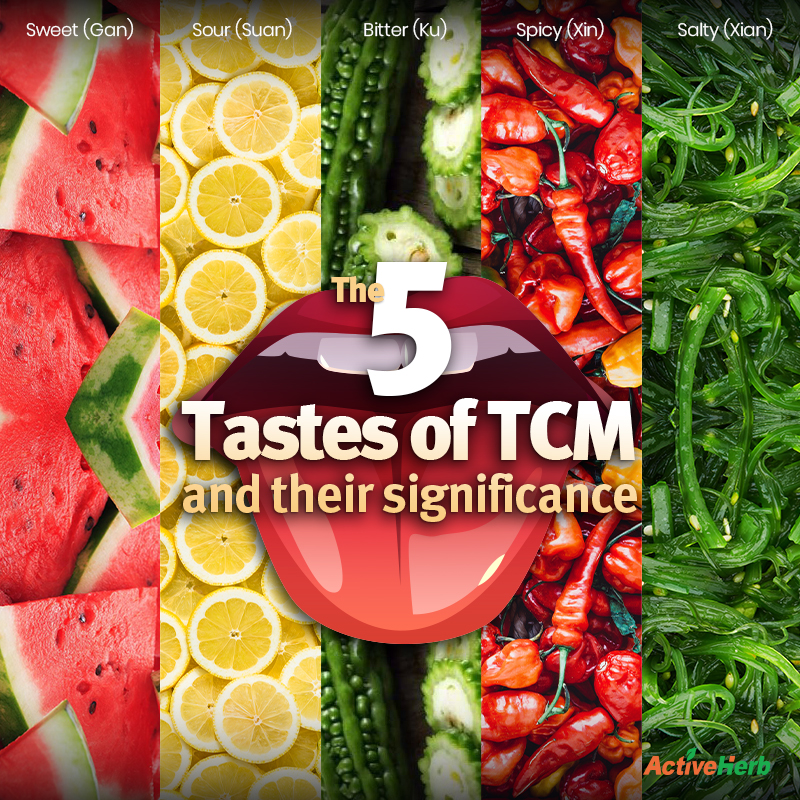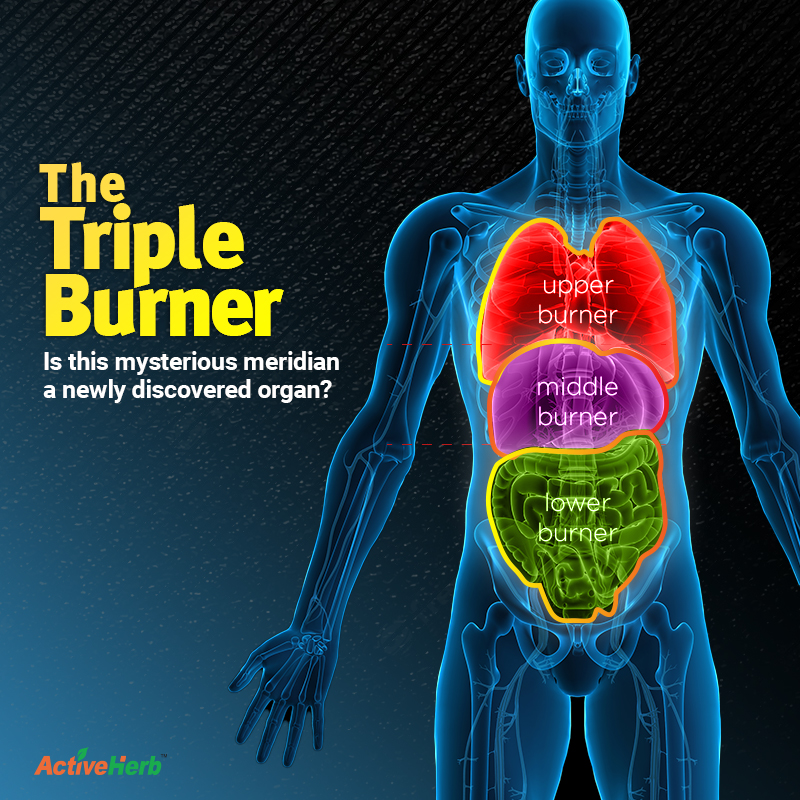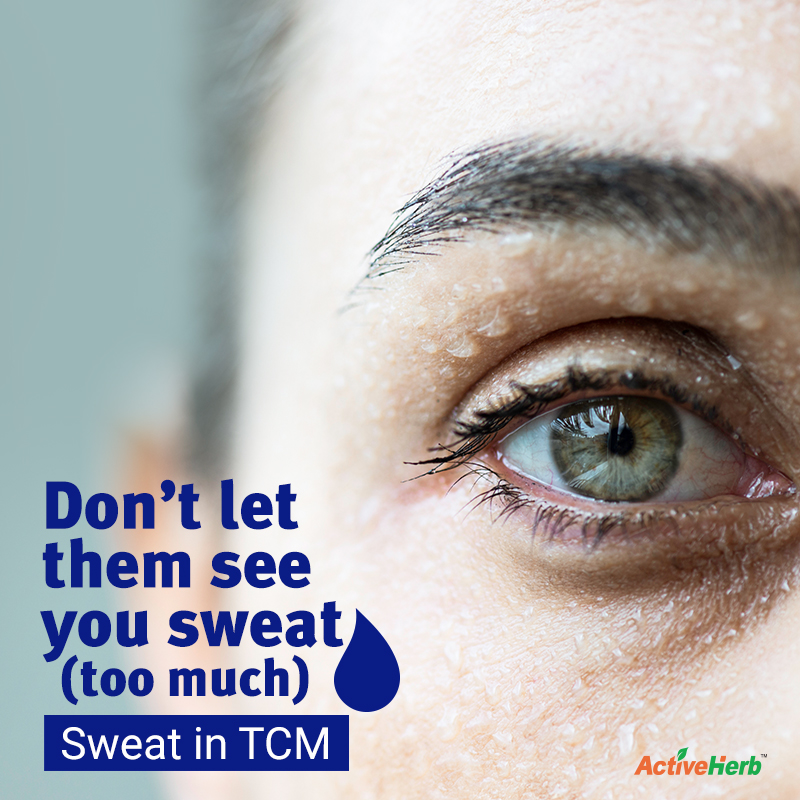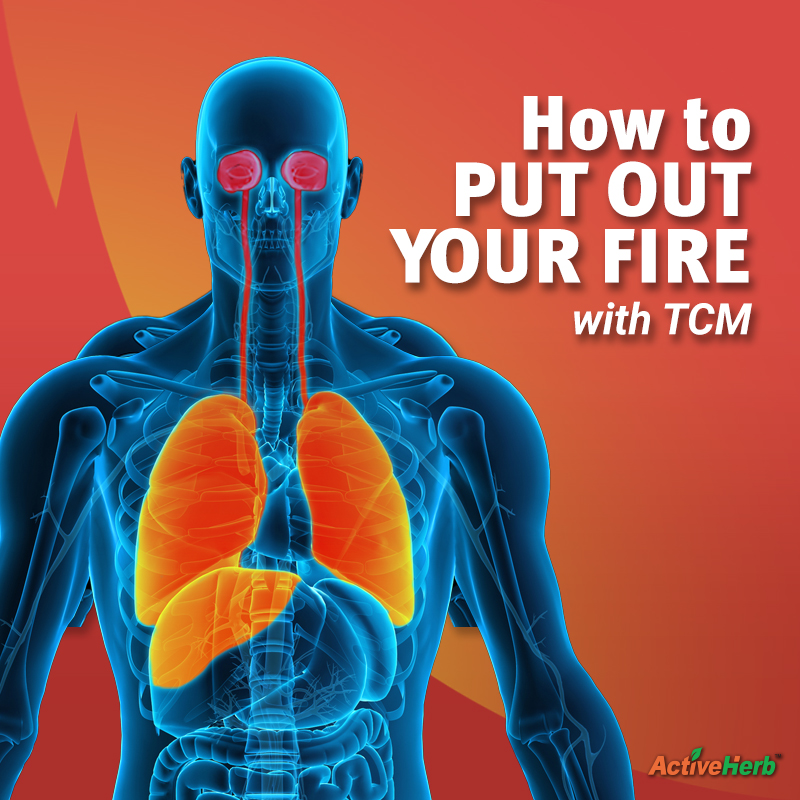Alcohol in TCM: The Surprising Benefits of Booze

For years, you’ve enjoyed sipping on a nightly cocktail. Not only did you enjoy the ritual, but you confidently imbibed knowing that health experts extolled the benefits of moderate alcohol consumption. Beginning in the early 1990s, researchers explored the “French Paradox.” The theory is that polyphenolic components of wine, such as resveratrol, may be responsible for the low incidence of mortality from cardiovascular disease in French populations that have high blood-lipid profiles and consume a diet high in dietary fats.
But recently, health experts in the US have done an about-face. The Centers for Disease Control and Prevention now says that “even moderate drinking may increase your risk of death.”
What a buzzkill!
Excessive drinking is obviously harmful to health. However, how does traditional Chinese medicine view taking a wee nip of the sauce? Where does moderate drinking — defined as one drink per day for women and two for men — fall in the risk vs reward ratio in TCM?
Alcohol in TCM: A General Overview of Physiological Effects
TCM views alcohol as a potent substance that significantly affects the balance of the body’s organ systems.
Let’s start with the effects of how heavy alcohol consumption affects the TCM organ systems. (Much like in modern Western medicine, heavy drinking is seen as highly detrimental to health.)
Alcohol’s Effects On The Liver (Gan) Channel
As in Western medicine, heavy drinking stresses the liver. In TCM, not only is the physical liver affected, but so is the entire liver channel (which runs from the lateral side of the big toe and terminates around the eyes and top of the head).
The TCM Liver is responsible for the free flow of Qi and Blood and the storage of Blood. Drinking heavily impairs the liver’s ability to regulate Qi. Consequently, Liver Qi stagnation ensues. This swamp-like flow of energy results in irritability, mood swings, and tension. Long-term heavy consumption can also cause Liver Heat or Fire. This explains why some heavy drinkers display anger and red eyes, as well as headaches and other symptoms. In severe cases, chronic heavy drinking leads to Liver Wind — a state often linked to stroke. But that’s not all. Overconsumption burdens Liver’s ability to store Blood, causing Liver Blood deficiency. With this pattern, symptoms such as dizziness, dry eyes, fatigue, and brittle nails may manifest.
But the Liver isn’t the only organ that alcohol may negatively impact when consumed in excess.
Spleen (Pi) and Stomach (Wei)
Alcohol is considered damp and hot in nature. Damp Heat is the archenemy of the Spleen, the organ responsible for the transformation and transportation of nutrients. This transformation is what creates Qi. (Western translation: this is why food gives you energy.) Damp Heat causes Spleen Qi deficiency. If your Spleen doesn’t have the Qi power to transform nutrients, you’ll experience bloating, diarrhea, fatigue, poor appetite, and weakened immune function. Moreover, alcohol can cause Stomach Heat, which leads to symptoms like acid reflux, nausea, vomiting, and excessive thirst.
Alcohol and TCM: A Harmful Affair of The Heart (Xin)
While the Liver stores Blood, it’s the Heart that governs it. Couple this responsibility with housing the body’s Shen — consciousness and spirit — and it’s easy to see how heavy drinking can cause insomnia and anxiety. This is because booze possesses hot and damp properties that can promote the TCM pattern of Heart Fire. In extreme cases, Heart Fire can lead to heart palpitations.
The irrational behavior that some alcoholics display is the result of Heart Fire disturbing Shen. When Shen becomes unmoored from the confines of the Heart, confusion and emotional instability may also manifest.
Kidneys (Shen)
Heavy alcohol consumption can harm the Kidney channel, which is the foundation of Yin and Yang in the body. In addition, the Kidneys also house the body’s Jing (Essence). Think of Jing as your body’s longevity bank account. Drink heavily and you’ll deplete your longevity savings account. On the Yin/Yang Qi spectrum, excessive alcohol consumption especially depletes Yin, leading to Kidney Yin deficiency. This lack of cooling Qi in the Kidney meridian causes symptoms like lower back pain, tinnitus, night sweats, and premature aging. Over time, Jing depletion may also result in reproductive issues and a weakened constitution.
Lungs (Fei)
Finally, the Lungs may not be directly associated with alcohol consumption in the same way as the Liver and Spleen. However, excessive drinking can result in Lung Qi deficiency because of Dampness. When Dampness becomes chronic, Phlegm accumulates, potentially causing shortness of breath, coughing, and susceptibility to colds and respiratory infections.
Cheers! TCM’s View on Moderate Alcohol Consumption
Now let’s discuss the potential positive influences of moderate consumption from a TCM perspective. TCM does not entirely condemn alcohol. In fact, moderate consumption, when done mindfully and in balance with one’s constitution, can have certain benefits.
Alcohol in small amounts invigorates Blood circulation, promotes Qi flow, and even aids digestion when consumed during meals. In TCM, alcohol is a warming substance that can disperse cold and help unblock stagnant Qi, particularly in cold weather or for individuals with a cold constitution. This is not to say that if you run cold, have a pale complexion, or have menstrual irregularities — a few indicators of having a cold constitution — you should start drinking. There may be healthier ways to disperse cold, such as taking a time-tested Chinese herbal formula like YanVive.
Moreover, what might be beneficial for one person (particularly those with cold or stagnant conditions) might not be beneficial for someone with another constitution. For instance, if someone has Damp-Heat accumulation — evidenced by a sticky yellow tongue coating, loose stools, heavy limbs and fatigue, irritability and restlessness — drinking can exacerbate the problem.
The moral of the story is that if you like to drink, do so moderately. However, if you have a chronic or acute pattern such as Damp Heat, you should probably go cold turkey, at least until your organs are back in balance. Not sure what your constitution or TCM pattern is? Visit your local acupuncturist and ask for recommendations for lifestyle changes and TCM formulas for your specific health concern.
Does The Type of Alcohol in TCM Matter?
Beer vs. brandy.
Whiskey vs. Red wine.
Hard seltzer vs. tequila…
According to TCM theory, is one type of booze better?
From a TCM perspective, different types of alcohol have varying properties. For example, rice wine is warming and promotes digestion and circulation. If you have a Cold constitution or have a Damp-Heat invasion, rice wine is theoretically less harmful than beer.
Beer, on the other hand, is damp in nature and more cooling. While it may be blissful to your taste buds to sip cold beer on a hot day, your Spleen organ system despises beer. It creates Dampness in the body, leading to bloating, weight gain, and sluggish digestion. (Beer bellies can be blamed on Dampness.)
If you want to drink in moderation, TCM generally favors warm and dry alcohols, like rice wine, over cold and damp types, like beer.
Disclaimer: If you or someone you know is struggling with alcohol use, it’s important to seek professional support. Consider reaching out to a healthcare provider, therapist, or support group. Resources such as Alcoholics Anonymous (AA) or SAMHSA’s National Helpline (1-800-662-HELP) are available for confidential assistance. Never hesitate to ask for help—there are many paths to recovery, and support is always available.






